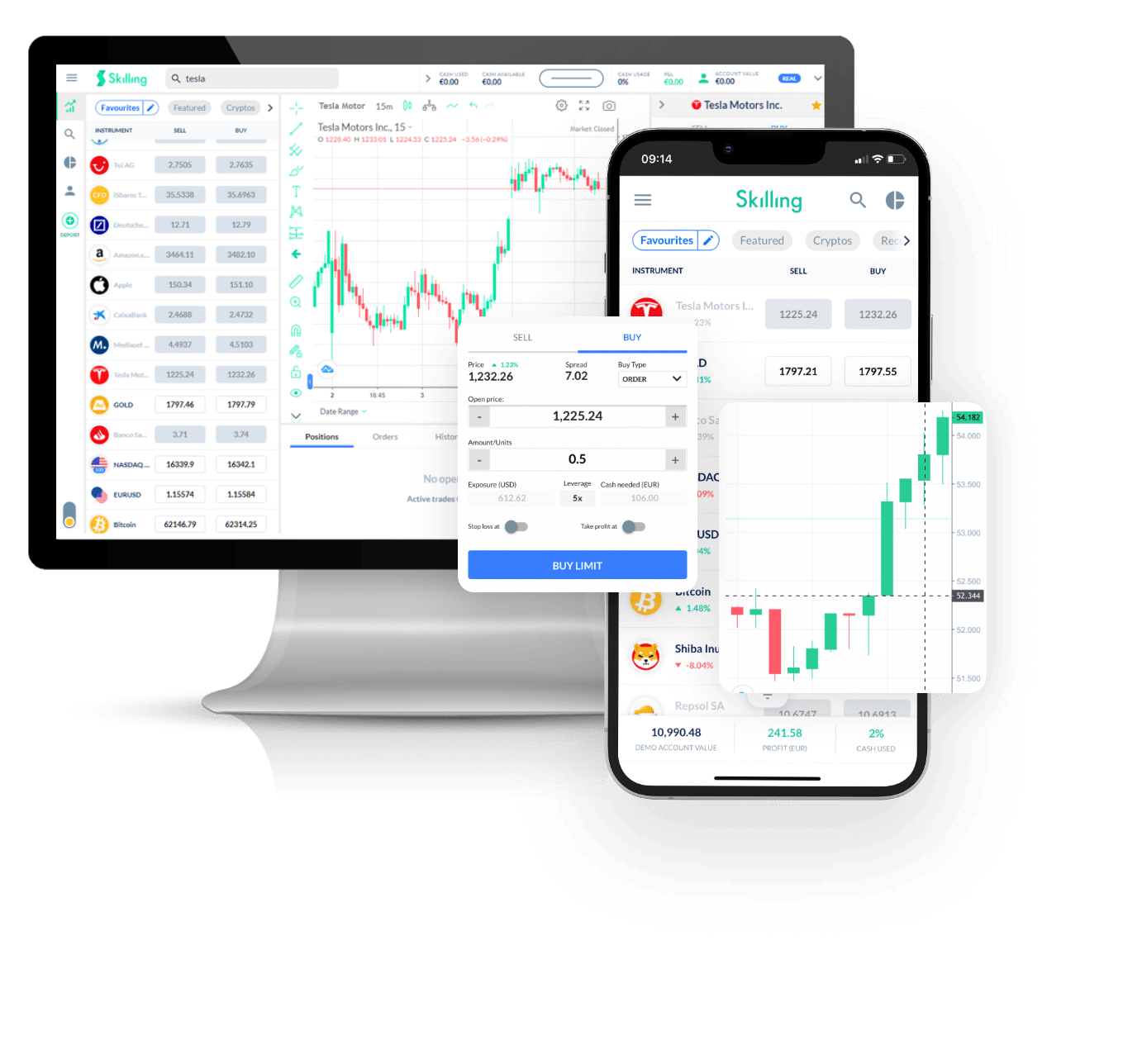Loading...
Coca Cola Stock (KO.US): Live Price Chart
[[ data.name ]]
[[ data.ticker ]]
[[ data.price ]] [[ data.change ]] ([[ data.changePercent ]]%)
Low: [[ data.low ]]
High: [[ data.high ]]
About
History
Differences between Investing vs Trading
About
History
Differences between Investing vs Trading
The Coca-Cola Company is an American multinational corporation and one of the world's largest beverage companies. It produces, markets, and distributes more than 500 nonalcoholic beverage brands. The company owns four of the world's top five soft drink brands: Coca-Cola, Diet Coke/Coca-Cola Light, Fanta, and Sprite.
Coca-Cola was founded in 1886 by John Pemberton, a pharmacist from Atlanta, Georgia. He originally intended to create a medicinal tonic to help with his own chronic headaches and morphine addiction. However, when he mixed together the syrup with carbonated water, he accidentally created what would become one of the most popular drinks in the world.
In 2020, the Coca-Cola Company faced many challenges including the outbreak of COVID-19 which lead to a decrease in demand for their products as people were forced to stay home and practice social distancing. This resulted in a decline in sales for the company. In addition to this, competitor PepsiCo Inc. also experienced similar challenges which led to a decline in its share price. As a result of these challenges, the share price for Coca-Cola declined from $51.04 in January 2020 to $46.35 in March 2020.
However, since the beginning of 2021, the company has seen an increase in sales as people have started to return to their normal routines. The company has also benefited from a strong performance in emerging markets such as China and India. Coca Cola (KO) is one of the top companies in the US 30 Industrial Average (DJIA) and Standard & Poor's 500 Index (SPX500). In fact, it is the only non-financial company in the DJIA. In addition, if the company's focus on innovation and marketing would help to drive growth then the Coca-Cola share price could rise.
Both options offer potential benefits, but it's important to understand how they differ before making a decision.
When you invest in Coca-Cola shares, you're buying a piece of the company and becoming a shareholder. This means that you're entitled to a portion of the company's profits, and you can vote on corporate decisions. CFDs, on the other hand, allow you to speculate on the price movement of Coca-Cola shares without actually owning them. This means that you don't have any voting rights or dividend income, but it also means that you can take advantage of both rising and falling prices.
| Swap long | [[ data.swapLong ]] points |
|---|---|
| Swap short | [[ data.swapShort ]] points |
| Spread min | [[ data.stats.minSpread ]] |
| Spread avg | [[ data.stats.avgSpread ]] |
| Min contract size | [[ data.minVolume ]] |
| Min step size | [[ data.stepVolume ]] |
| Commission and Swap | Commission and Swap |
| Leverage | Leverage |
| Trading Hours | Trading Hours |
* The spreads provided are a reflection of the time-weighted average. Though Skilling attempts to provide competitive spreads during all trading hours, clients should note that these may vary and are susceptible to underlying market conditions. The above is provided for indicative purposes only. Clients are advised to check important news announcements on our Economic Calendar, which may result in the widening of spreads, amongst other instances.
The above spreads are applicable under normal trading conditions. Skilling has the right to amend the above spreads according to market conditions as per the 'Terms and Conditions'.

Trade [[data.name]] with Skilling
All Hassle-free, with flexible trade sizes and with zero commissions!*
- Trade 24/5
- Minimum margin requirements
- No commission, only spread
- Fractional shares available
- Easy to use platform
*Other fees may apply.
FAQs
Which are the competitors of Coca Cola shares?
+ -Coca Cola shares are traded on the New York Stock Exchange under the symbol KO. The company's main competitors include PepsiCo, Inc. (PEP), Dr Pepper Snapple Group, Inc. (DPS), and Monster Beverage Corporation (MNST). Coca Cola is one of the world's most recognizable brands and has a strong history of profitability. However, the company faces stiff competition in the beverage industry and must continually innovate to maintain its market share.
Who owns most Coca Cola shares?
+ -The Coca-Cola Company is a publicly traded company, and therefore does not have any one single majority shareholder. However, the largest shareholder of Coca-Cola stock is Warren Buffett's Berkshire Hathaway, which owns 9.4% of the shares outstanding. The next largest shareholders are Muhtar Kent (the former CEO of Coca-Cola) and the Vanguard Group, each of which owns approximately 4% of the shares outstanding.
Do Coca Cola shares pay dividends?
+ -Yes, Coca-Cola shares pay dividends. Dividends are typically paid out four times a year, in March, June, September, and December. The company has a long history of paying dividends, and shareholders have typically enjoyed a steady stream of income from their investments. There may be some fluctuations in the dividend payout from year to year, Coca-Cola has demonstrated a commitment to its shareholders by consistently paying out a dividend for more than four decades.
Why Trade [[data.name]]
Make the most of price fluctuations - no matter what direction the price swings and without capital restrictions that come with buying the underlying asset.
CFDs
Equities
Capitalise on rising prices (go long)
Capitalise on falling prices (go short)
Trade with leverage
Hold larger positions than the cash you have at your disposal
Trade on volatility
No need to own the asset
No commissions
Just low spreads
Manage risk with in-platform tools
Ability to set take profit and stop loss levels

